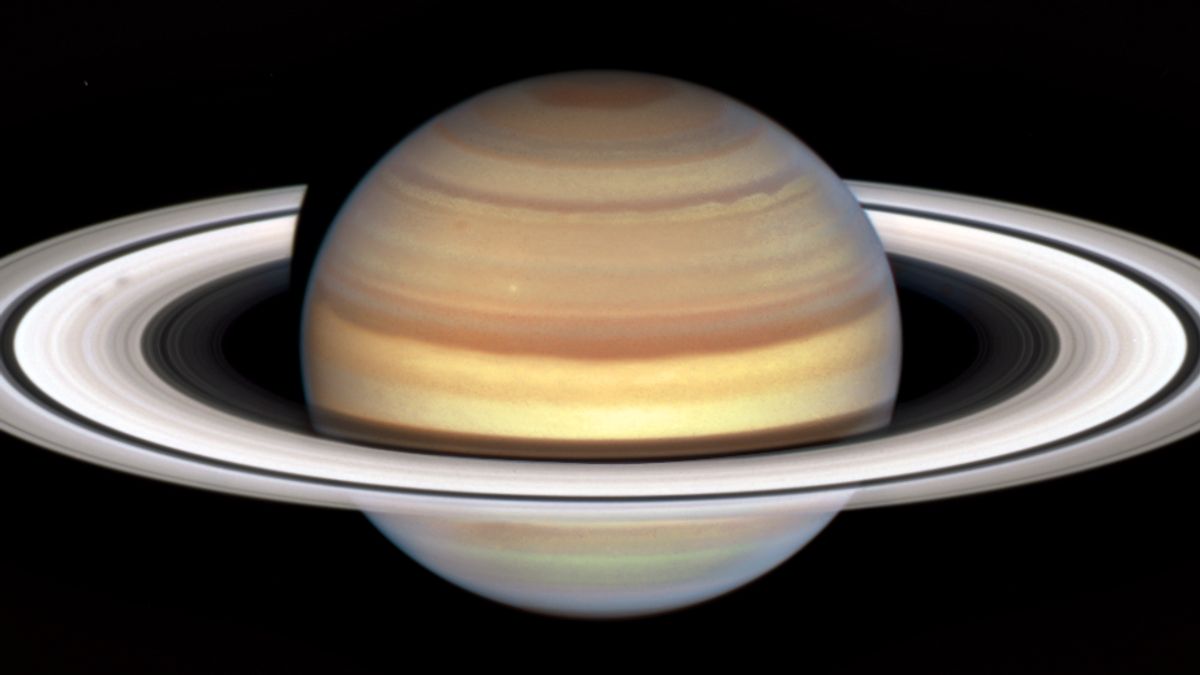JAKARTA - Saturn is quite different from other planets, has a very beautiful ring that is circular in its body. However, the ring has strange fingers that sometimes appear occasionally.
The Hubble Space Telescope has the opportunity to study the peculiarities of these rings in more detail and researchers hope they can learn more about what caused them to happen.
The spots on this ring can be bright or dark and look like clumps or lines that stretched radially out of the planet. In addition, the ring can also appear in a regular cycle associated with the planet's equator, namely the time at which day and night have the same length throughout Saturn because the Sun is just above the equator.
The fingers were first recognized by Voyager's mission, which passed in the 1980s, and have since been seen right before and after the equator. For example, Earth experiences two ekinoxes every year, and the same goes for Saturn.
But as the planet is further in its orbit and its years are much longer, its eCONOx occurs only once every 15 Earth years. Saturn's next autumn ECONOx will come in May 2025, so researchers will use the Hubble Telescope to observe planets and guide them at that time.
Thanks to the Hubble Space Planetary Atmospheric Heritage (OPAL) program, which builds data archives on exoplanets of the outer solar system, we will have longer time to study Saturn's fingers this season than ever before," the head of the OPAL program said in a statement.
Of course, that's good news because even though the researchers knew they would see the fingers around this time, they didn't know exactly when they would start showing up.
Despite the excellent observations over the years by the Cassini mission, the exact start and duration of the speech season remains unpredictable, such as predicting the first storm during the storm season, "explained Simon.
The fingers look like two gray stains inside the ring on the left side of the planet and although fading, the researchers hope to see more in the coming months.
The origin of the fingers, according to current theory, is that they are related to Saturn's magnetic field, because charged particles from the Sun interact with it in such a way that it can fill the particles inside the ring, shifting these particles out of place with the rest of the ring structure.
But researchers need to do more research to ensure this theory, and to find out if similar radii can occur on other planets that also have rings, such as Neptune or Jupiter. This was quoted from Digital Trends, Tuesday, February 14.
The English, Chinese, Japanese, Arabic, and French versions are automatically generated by the AI. So there may still be inaccuracies in translating, please always see Indonesian as our main language. (system supported by DigitalSiber.id)








